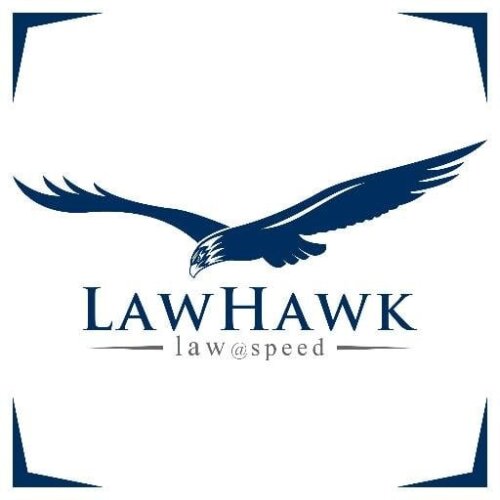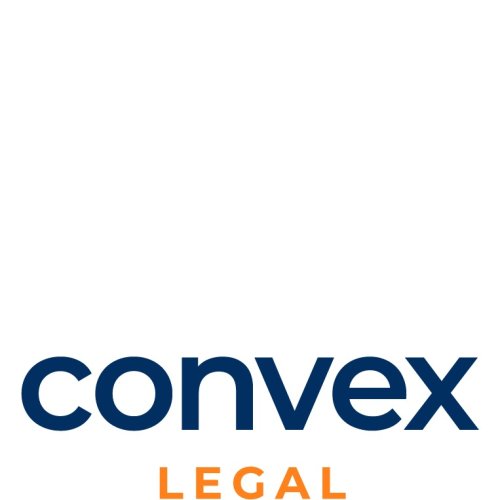Best Franchising Lawyers in Wellington
Share your needs with us, get contacted by law firms.
Free. Takes 2 min.
List of the best lawyers in Wellington, New Zealand
About Franchising Law in Wellington, New Zealand
Franchising is a popular business model in Wellington, New Zealand, with both local and international brands employing this approach to expand. The franchising model serves as a strategic way to minimize risk, spread across different markets, and leverage expansion. The law surrounding franchising in this region is governed by general commercial and contract law as there are no specific franchise laws in New Zealand. However, the Franchise Association of New Zealand (FANZ) provides a self-regulatory framework, which its members voluntarily follow.
Why You May Need a Lawyer
Engaging a lawyer can be beneficial to both franchisors and franchisees at various stages of the franchising process. You may need a lawyer to draft or review your franchise agreement, navigate disputes, understand your rights and obligations, and ensure compliance with pertinent laws and voluntary codes. Legal advice is critical when starting or buying a franchise, managing a franchise business, and if any issues arise concerning contractual obligations or business operations.
Local Laws Overview
While there are no specific franchise laws in New Zealand, franchising is regulated by a variety of commercial and contract laws. The Contract and Commercial Law Act 2017, Fair Trading Act 1986, and the Commerce Act 1986 are particularly relevant. These legislations cover contract formation, implied terms, unfair practices, marketing and advertising standards, confidentiality, intellectual property, arbitration, and more. Non-compliance can lead to severe penalties.
Frequently Asked Questions
What legal documents do I need to start a franchise in Wellington?
The primary document needed is a comprehensive franchise agreement, ideally drafted by a lawyer experienced in franchise law. This agreement should detail the relationship between franchisor and franchisee, rights and obligations of each party, and procedures for dispute resolution.
What happens if a franchise agreement is violated?
If a franchise agreement is violated, the affected party can seek legal redress through the dispute resolution mechanisms outlined in the franchise agreement, which typically include negotiation, mediation, and/or arbitration. If these avenues fail, a case can be brought before the court.
Can I sell my franchise?
Yes, you can generally sell your franchise. However, the terms and conditions of sale are usually outlined in the franchise agreement. Often, the franchisor will have the right of first refusal or the ability to approve any potential buyer.
What obligations does the franchisor have?
Franchisor obligations typically include providing initial training, ongoing support, marketing, protecting the brand, and offering a proven business system. The specific obligations are defined by the franchise agreement.
Are there any mandatory franchise regulations in Wellington?
New Zealand, including Wellington, doesn't have specific franchise legislation. However, all franchises are required to comply with general commercial and contract laws. It's also beneficial for franchisees and franchisors to adhere to the voluntary code of practice established by the FANZ.
Additional Resources
People seeking further information on franchising can reach out to the FANZ, Commerce Commission, Ministry of Business, Innovation, and Employment, and Intellectual Property Office of New Zealand. For tailored legal advice, consulting with an experienced franchise lawyer is recommended.
Next Steps
If you need legal assistance in franchising, begin by seeking out a lawyer who specializes in franchising or commercial law. They can provide you with advice tailored to your situation, review or draft your franchise agreement, guide you through the legal landscape, and help ensure that you understand the obligations and risks involved.
Lawzana helps you find the best lawyers and law firms in Wellington through a curated and pre-screened list of qualified legal professionals. Our platform offers rankings and detailed profiles of attorneys and law firms, allowing you to compare based on practice areas, including Franchising, experience, and client feedback.
Each profile includes a description of the firm's areas of practice, client reviews, team members and partners, year of establishment, spoken languages, office locations, contact information, social media presence, and any published articles or resources. Most firms on our platform speak English and are experienced in both local and international legal matters.
Get a quote from top-rated law firms in Wellington, New Zealand — quickly, securely, and without unnecessary hassle.
Disclaimer:
The information provided on this page is for general informational purposes only and does not constitute legal advice. While we strive to ensure the accuracy and relevance of the content, legal information may change over time, and interpretations of the law can vary. You should always consult with a qualified legal professional for advice specific to your situation.
We disclaim all liability for actions taken or not taken based on the content of this page. If you believe any information is incorrect or outdated, please contact us, and we will review and update it where appropriate.

















